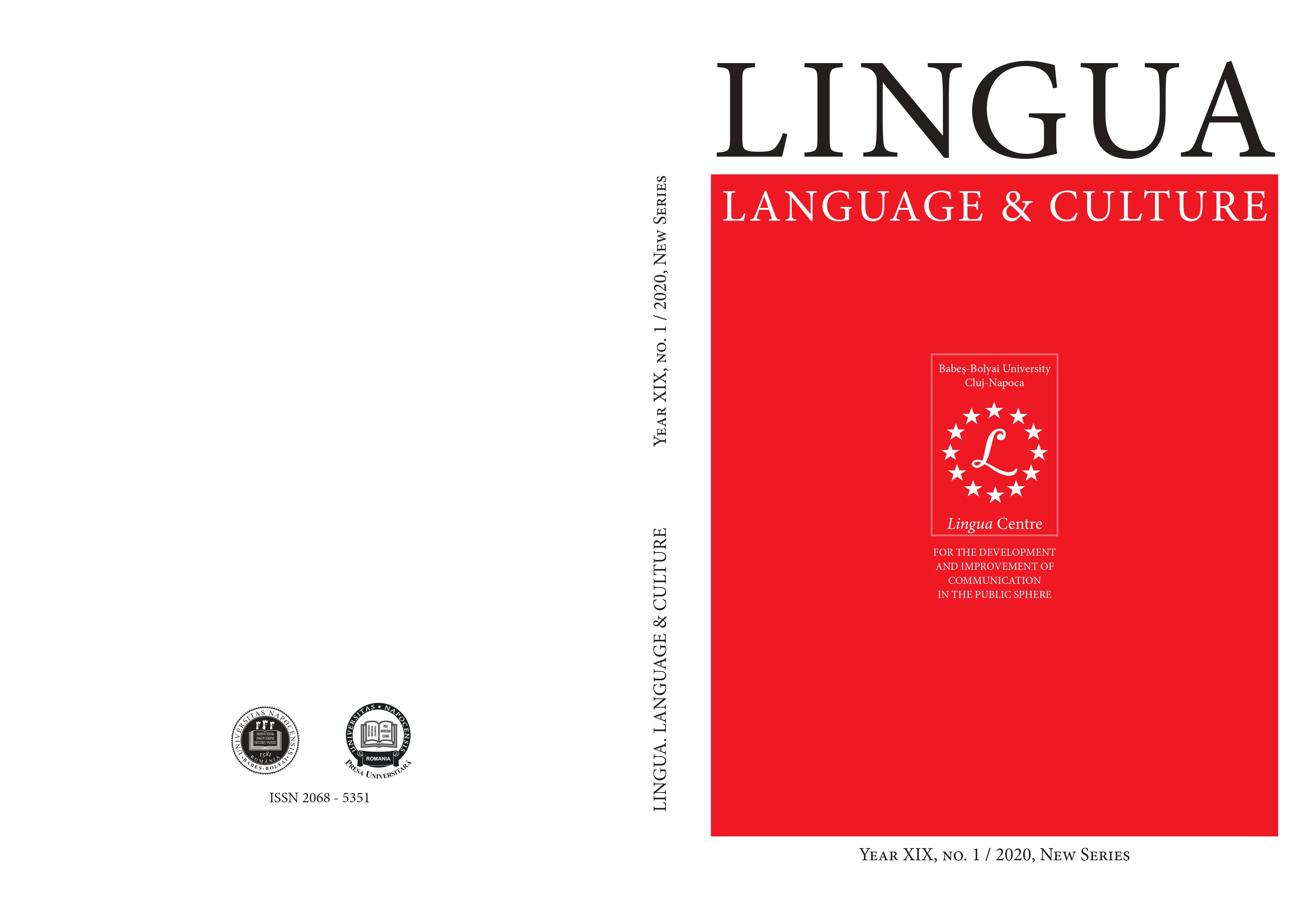Practical Facts on Romanian - language Acquisition in a German - speaking Context
Practical Facts on Romanian - language Acquisition in a German - speaking Context
Author(s): Diana-Viorela BurlacuSubject(s): Language and Literature Studies, Foreign languages learning, Applied Linguistics, Language acquisition
Published by: Universitatea »Babes Bolyai« Cluj - Facultatea de St. Economice si Gestiunea Afacerilor
Keywords: communication; learning; lexicology; RFL, vocabulary;
Summary/Abstract: The present study aims to survey the main RFL (Romanian as a Foreign Language) difficulties that the German-language speakers struggle with, especially when their RFL language level is rather low – the so-called A1 or A2levels, as described by the standards of the now traditional CEFR (The Common European Framework of Reference for Languages). Naturally, not all the linguistic worries will be eventually overcome by a higher language level, but this may be the subject of a different study. Romanian is considered an atypical Romance language, influenced throughout its history not only by different Slavic, Greek and Turkish languages, but also by the German, Hungarian or other Romance languages; hence, its complexity and the variety of lexical items, sometimes too hard to be understood by a monolingual speaker. Due to pragmatic reasons, merely the Romanian vocabulary will be taken into consideration and only partially. As a matter of fact, this study represents an experimental but practical tool for the German-language speakers, by providing various tips and tricks, concrete examples and certain learning (including mnemonic) strategies, validated through the author’s two-year teaching experience at the University of Regensburg, after a ten-year RFL teaching experience at the Babeş-Bolyai University in Cluj-Napoca. Sharing the double role of RFL teaching staff and a DaF (German as a Foreign Language) student, the author herself has started to discover more and more similarities, as well as puzzling aspects concerning the two languages, German and Romanian. After all, is puzzlement not the main ingredient in foreign-language learning and teaching?
Journal: Lingua. Language and Culture
- Issue Year: XIX/2020
- Issue No: 1
- Page Range: 21-30
- Page Count: 10
- Language: English

